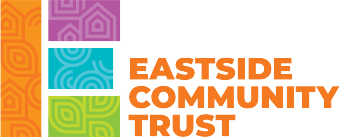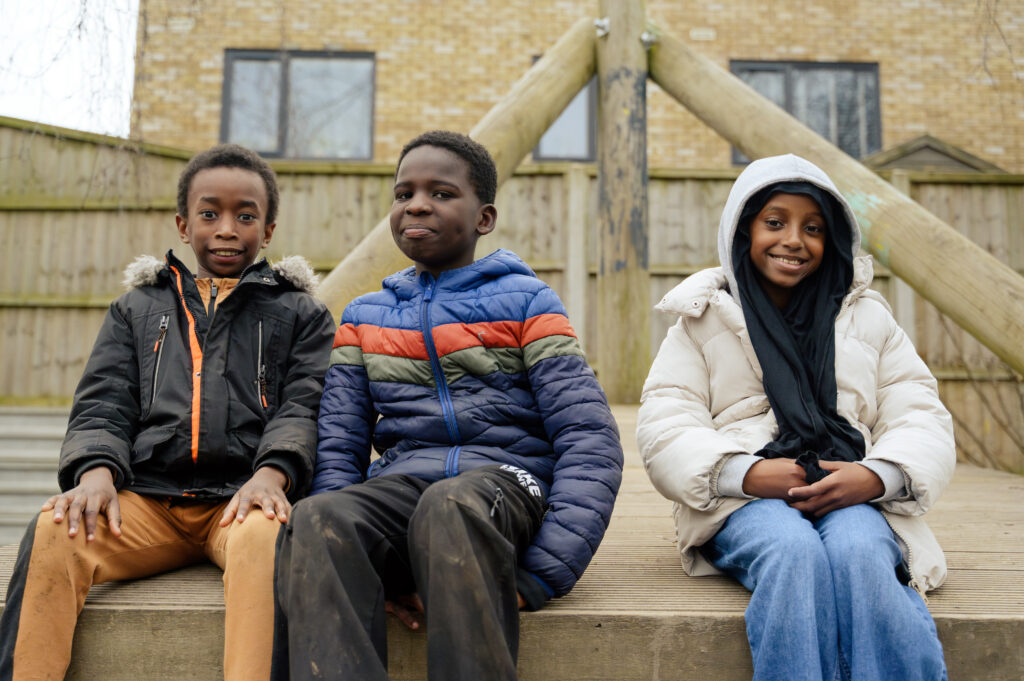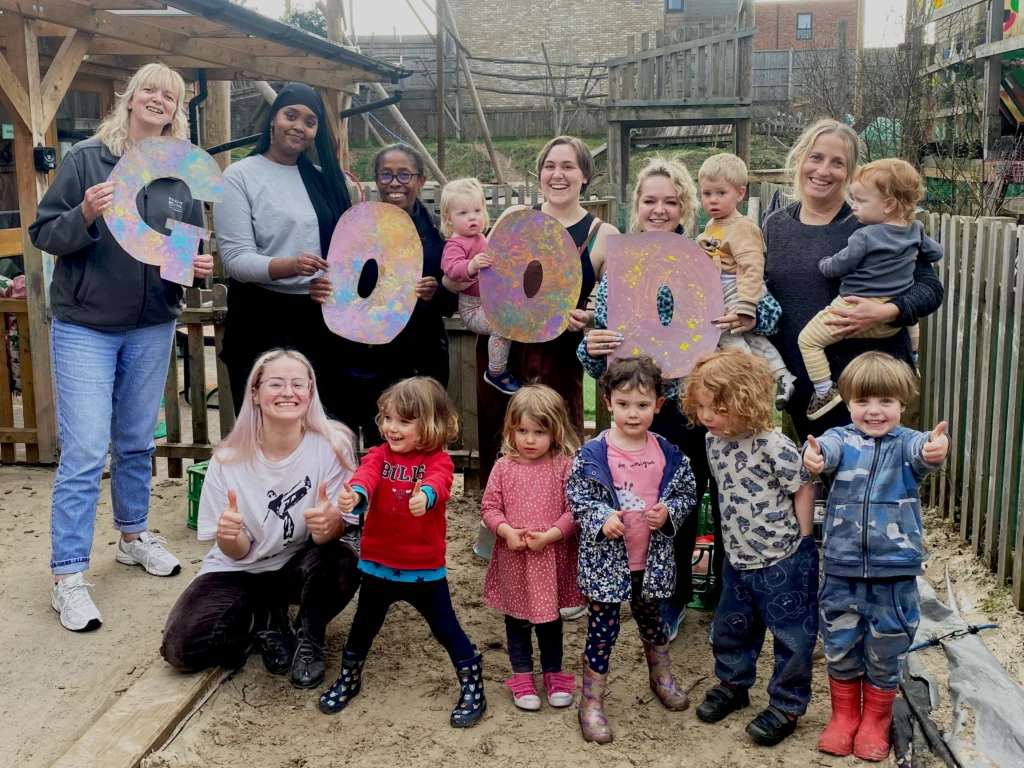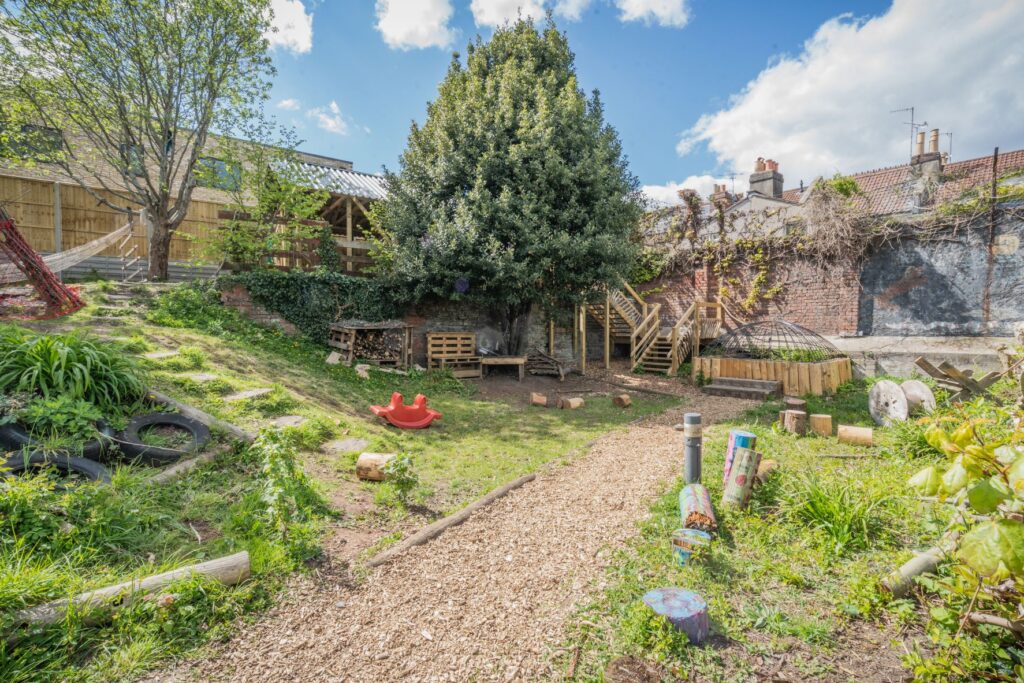Eastside Community Trust has been working with partners Trinity Community Arts and Windmill Hill City Farm to raise awareness of the value of community spaces in the city.
A new report has revealed the significant economic contribution of Bristol’s community spaces, reinforcing the need for urgent policy action called for as part of the Roots of Resilience campaign, launched in the city last summer. The report, commissioned by a coalition of sixteen community organisations across the city, shows that collectively these spaces generate an annual turnover of £16 million, supporting 480 jobs and delivering more than £33 million in economic impact.
The findings have been published as an updated policy framework for Community Asset Transfers is presented to Bristol City Council by the network, marking a crucial next step following last year’s manifesto launch.
The report, and the updated framework, come as a result of ‘Roots of Resilience: Saving Community Spaces’ a city-wide campaign calling for urgent action to protect and enhance Bristol’s shared spaces.
Since the release of the ‘Roots of Resilience’ manifesto last year, tangible progress has been made on several key objectives:
- The Chair of the Health and Communities Committee now leads on community assets, reflecting their importance for the city.
- A community-focused council officer is now involved in Community Asset Transfer decisions. This is a welcome step, though further work is needed to ensure representation from communities most affected by asset poverty and underinvestment.
- Progress made to review key elements of community asset management and Council strategy to support the sustainability of our spaces and the organisations which maintain them.
At a time when local councils continue to face intense financial pressures, the report underscores the essential role of community spaces in Bristol’s economic and social infrastructure. The campaign’s key demand remains: that the decision-making process around council-owned buildings reflects their irreplaceable community value rather than focusing solely on financial considerations.
While significant progress has been made, there are several key areas which could be strengthened in the updated framework, such as representation in decision-making and transparency around the availability of properties for CAT and we will continue raising awareness of the issue.
Read the full report here



